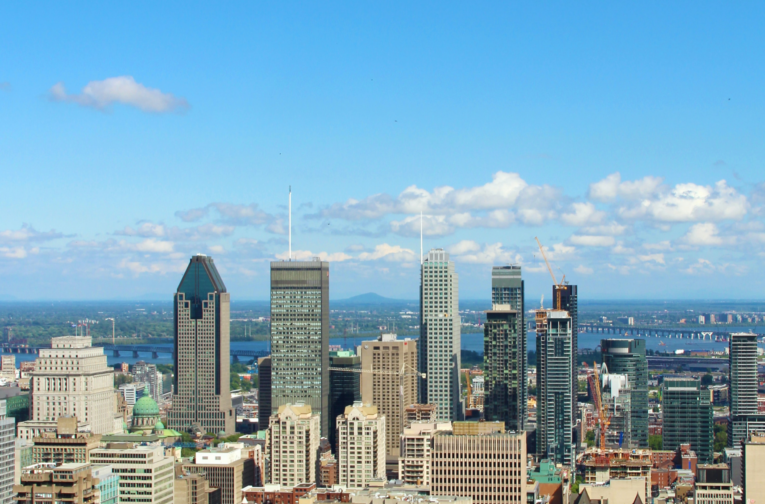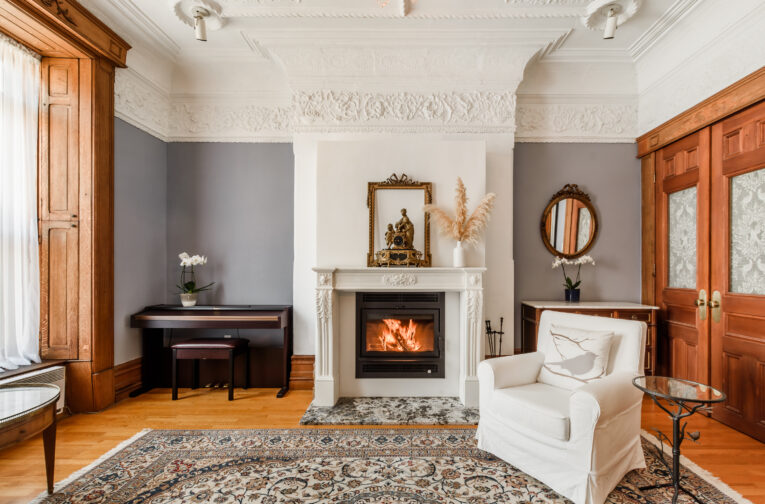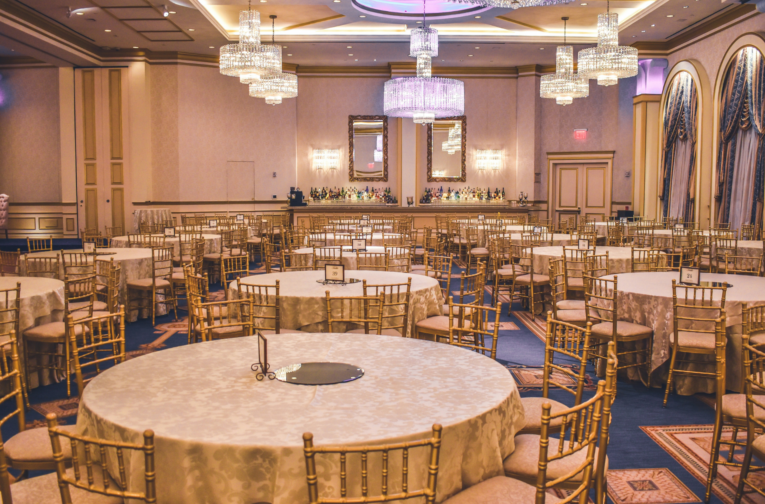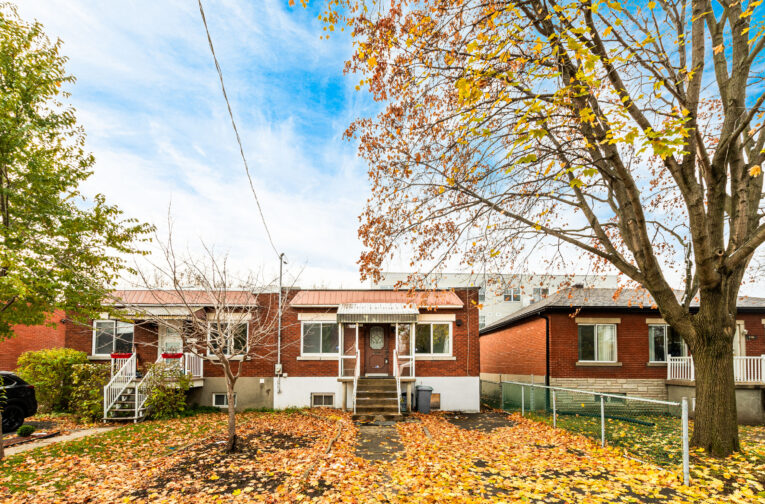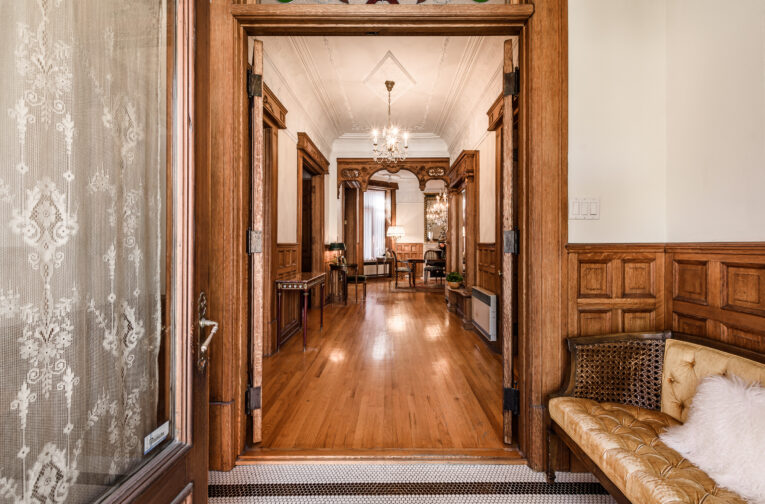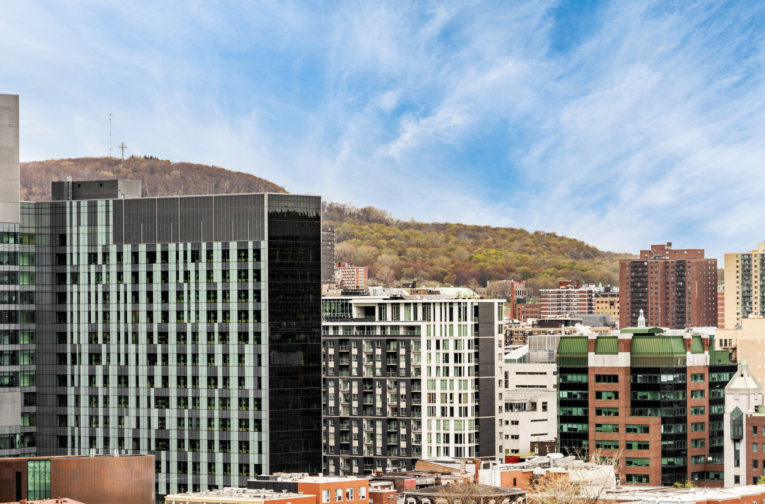What are the important factors to consider when purchasing a house? – Key Information The purchase of a property is much more than just a financial transaction; it’s a pivotal step that can shape your futu...
Courtier Immobilier Montréal Yanick E Sarrazin
- Our Realtors
- ABOUT
- OUR REAL ESTATE BROKERS
- Real Estate Broker – Yanick E. Sarrazin
- Real Estate broker – Gabriel Duault
- Real Estate Broker – Frédéric Vinet
- Real Estate Broker – Clara Meesemaecker
- Real Estate Broker – Jean-Vincent Boggia
- Real Estate Broker – Myriam Gélinas
- Real Estate Broker – Salma Naguib
- Real Estate Broker – Danielle Mansour
- Real Estate Broker – Lydia Cordato
- OUR ADMINISTRATIVE TEAM
- OUR MARKETING TEAM
- OUR PARTNERS
- CAREERS IN REAL ESTATE
- OUR PROPERTIES
- FEATURED
- FOR SALE
- SOLD
- FOR RENT
- EXCEPTIONAL PROPERTY | 1221 DES CARRIÈRES STREET
- NEW CONDOS IN MONTREAL
- Residence 5175 Chambord | The Plateau-Mont-Royal | Architectural Project in the Heart of Petit Laurier – SOLD
- Exceptional condominiums | Rosemont-La-Petite-Patrie – SOLD
- CARTIER PROJECT | Dorem – SOLD
- BOHO PROJECT | Hygge Immobilier – SOLD
- 6724 Rue Chambord | Rosemont-La-Petite-Patrie | Contemporary property on two floors – SOLD
- LAURIER PROJECT | Dorem – SOLD
- COMMERCIAL
- DISCOVER MONTREAL
- BLOG
- TOOLS
- CONTACT US
- FR
Le Glacier Bilboquet – Key points An icy institution in the heart of Outremont In the picturesque neighborhood of Outremont in Montreal, an icy gem has been illuminating the urban landscape since 1983: Glacier B...
Posted by: Courtier Immobilier Montreal
The Promise to Purchase for an undivided co-ownership The Promise to Purchase an undivided property in Quebec differs significantly from that of a divided condominium. The unique nature of undivided property requires ...
Posted by: Courtier Immobilier Montreal
The policy interest rate remains stable at 5% Montreal, March 6, 2024 – Today, the Bank of Canada announced the maintenance of its policy interest rate at 5%, a long-awaited stability that brings a sense of confidence...
Posted by: Courtiers immobiliers Montréal
Is it the right time to buy a property? – Key Information Over the past few years, we have witnessed significant changes in the real estate sector. During the pandemic, historically low interest rates fueled str...
Posted by: Courtier immobilier à Montréal
YE/SARRAZIN ranks 5th at RE/MAX A promise of excellence YE/SARRAZIN is proud to announce its remarkable position as the 5th in the RE/MAX ranking in Quebec in 2023. This distinction reflects our unwavering commitment ...
Posted by: Courtier Immobilier Montreal
Everything you need to know about estate sales – Key Information You have recently inherited a property and are considering selling it, but you’re wondering what steps to take? In Quebec, the sale of an es...
Posted by: Courtier immobilier à Montréal
Essential tips for showcasing your property – Real estate brokers Montreal – Key Information You have made the decision to sell your property, a choice that marks the beginning of an exciting adventure. Af...
Posted by: Courtier immobilier à Montréal
The Benefits of the Exclusive Brokerage Contract – Purchase- Key Information When purchasing a divided or undivided co-ownership, or a building with fewer than 5 units, with a real estate broker, signing an Excl...
Posted by: Courtier immobilier à Montréal
5 activities to do in Montreal this winter – Key Information Montreal is a dynamic city where numerous activities take place throughout the year. Winter is the perfect season to enjoy the unique delights offered...
Posted by: Courtier immobilier à Montréal
Find an article
Recent Articles from our brokers
Courtiers immobiliers Montréal
- Actualités immobilières
- Ahuntsic
- Buyer Information
- Contest
- Exceptional Property in Montreal
- Festivites
- HOMA
- Information Acheteur
- Information immobilière
- Information Vendeur
- Interior Design
- Mile-End
- Milton Parc
- Montreal
- Montreal Real Estate Broker
- Neighborhood
- Neighborhood Discovery
- News
- Non classifié(e)
- Outremont
- Petit Laurier
- Plateau Mont-Royal
- Properties For Rent
- Properties For Sale
- Real Estate Broker
- Real estate information
- Real Estate Information
- Real Estate News
- Real Estate News
- Remax Du Cartier
- Rosemont La-Petite-Patrie
- Seller Information
- Tips and Tricks
- Ville Mont-Royal
- Ville-Marie
- Villeray





